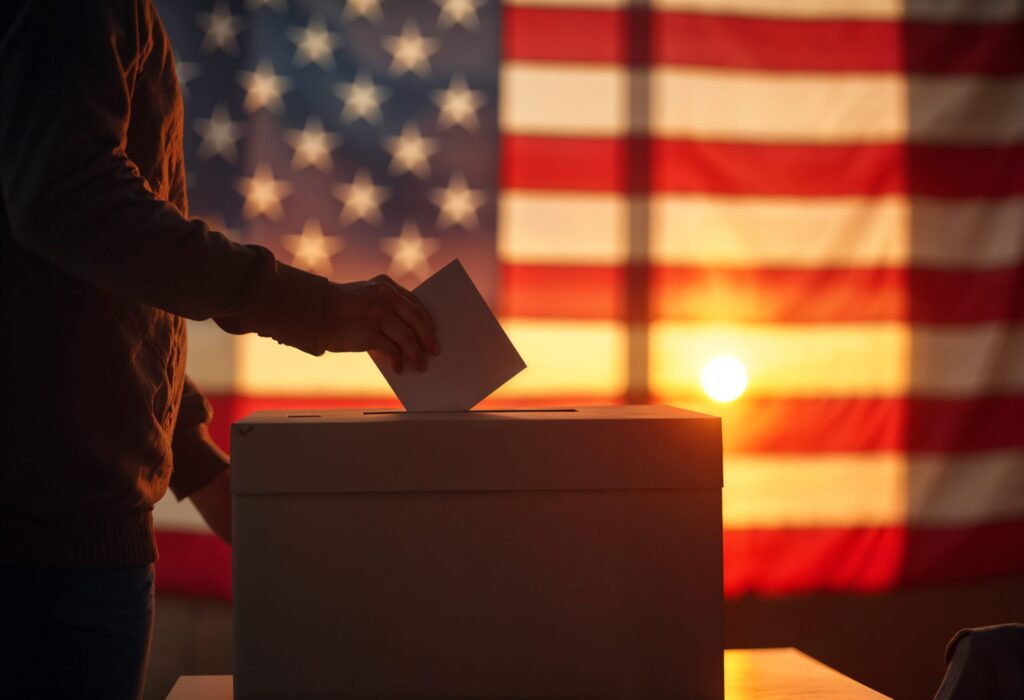This year, the cryptocurrency industry has seen many innovations and advancements. Institutional investors have made significant investments in Bitcoin and Ether ETFs, and the price of Bitcoin has reached an all-time high. The vast potential of tokenization, stablecoins, blockchain, and other digital asset technologies has attracted the attention of financial firms around the world.
Yet in the United States, the lack of a clear regulatory framework continues to hamper cryptocurrency innovation. In its latest report, Cryptocurrency gets politicalJames Wester, Director of Cryptocurrency and Co-Head of Payments at Javelin Strategy & Research, examines how regulatory uncertainty is affecting the U.S. cryptocurrency industry and the impact cryptocurrencies may have on the upcoming election.
Application first
There is no doubt that existing US digital asset laws are inadequate to govern the cryptocurrency industry. In the absence of a regulatory framework, US regulators have adopted an enforcement-focused approach to cryptocurrency oversight.
“The only thing that’s clear is that nothing is clear,” Wester said. “It’s becoming difficult for companies to make products in this space because they don’t know they’re doing something wrong until they get a notice of a violation. Imagine not knowing the speed limit until you get pulled over for a ticket. That’s the way it is right now.”
Meanwhile, the European Union is developing a regulatory framework for cryptoassets and digital assets through its Markets in Crypto Assets (MiCA) rules. Set to come into force later this year, MiCA aims to provide a comprehensive set of regulations governing the issuance, purchase and trading of cryptoassets and digital assets within the EU.
A transparent legal structure will make the EU an attractive alternative for cryptocurrency businesses. As markets become increasingly global, countries will continue to compete to attract investment and technological development.
The lack of regulatory clarity in the United States raises the real possibility that the country will lose the digital asset market to regions with more established legal frameworks. This may not be a concern for those who believe that cryptocurrencies and digital assets are nothing more than the domain of criminals and scammers.
“The problem with this approach is that financial institutions, capital markets and infrastructure players like DTCC, Swift and the Bank for International Settlements don’t agree with this assessment,” Wester said. “All of these entities believe this technology is more efficient and less expensive than conventional means, and in fact, they’re betting on it.”
“Given the importance of financial markets, financial institutions, and financial infrastructure to the U.S. economy, the notion that cryptocurrencies and digital assets are merely a haven for scams and Ponzi schemes is clearly inaccurate,” he said.
Engine construction
However, cryptocurrency fraud continues to occur and was one of the main points of discussion at a recent meeting of the US House of Representatives Financial Services Subcommittee on Decentralized Finance. The main question raised was: If a criminal runs a scam or Ponzi scheme on a decentralized protocol, does the platform bear any liability?
“There’s a famous letter where bank robber Clyde Barrow, known for his exploits in Bonnie and Clyde, congratulates Henry Ford for creating the V-8 engine because it was fast enough to allow him to escape the police,” Wester said. “Was Henry Ford responsible for Clyde Barrow? Ford built the engine, but Barrow was the bad guy. Right now, in the cryptocurrency space, it seems like if a company builds an engine and someone misuses it, the company is liable.”
An electoral issue
Despite the regulatory hurdles on the horizon, the most important takeaway is that cryptocurrencies and digital assets have become a hot topic in an election year. While it may not be the number one topic on voters’ minds, it is on their lists, which is a dramatic shift from previous years.
“Could cryptocurrencies have an impact in a very close election?” Wester said. “It’s possible. It’s probably not because of the million voters who work in the crypto industry. Could the election come down to the 20% to 25% of voters who own cryptocurrencies? It’s possible. The margin in the 2020 election was about 50,000 votes in six states, which is pretty small.”
Regardless, digital asset technology has become a major topic that has grown to such prominence that it is now an election issue.
“The mere fact that a major party presidential candidate is at the largest bitcoin conference in the United States, if not the world, is a major event,” Wester said. “This is not a local race; we have presidential politicians actively discussing cryptocurrency technology and digital assets. If you had told me that a few years ago, I would not have believed it.”

